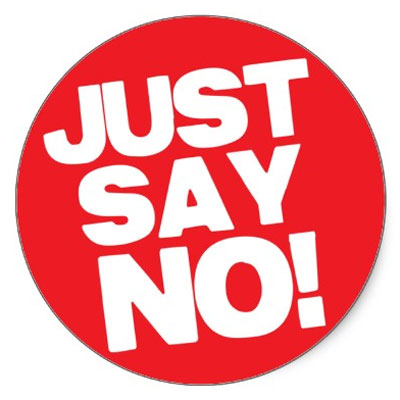War on Drugs
The War on Drugs isn't working. That's a heck of a thing
for a drug and alcohol rehab website to say! Many view the War
on Drugs as propaganda and rhetoric with no real teeth. Money
spent on the War on Drug in 2005 is expected to top $50 billion
dollars in the U. S. with $20 billion coming from the federal
government and $30 billion coming from state governments.
The War on Drugs in the U. S. has its roots deeply embedded in
racism. In 1875, the first anti-drug ordinance was passed in San
Francisco, because authorities at the time were afraid of Chinese
men luring "white women" into promiscuous activities using
opium.
In the early 1900's, the idea of the "Negro Cocaine Fiend"
was highly publicized as someone who was prone to violent sexual
rampages against white women. Outlawing marijuana in 1937 was a
repressive measure against Mexican migrant workers who were crossing
the borders and taking jobs during the Great Depression. Marijuana
was supposed to promote violence within the "degenerate races."
No evidence to any of this has ever been verified.
This is not to say that all drugs should be legalized, for which
some groups have been pushing. Not at all. There is a serious
drug problem in this country right now. According to the U. S.
Department of Health and Human Services, 46.4% of the U. S. population
(12-years-old and above) have used an illegal drug. With the economy
at its present condition and limited resources to throw at the
War on Drugs, it is important that we focus on the correct way
of dealing with drugs in the U. S.

The War on Drugs would do well to
continue efforts to keep drugs out of the country. Education,
treatment and changing societal thinking also needs to be addressed
in a bigger way. Sending people to prison for minor drug offenses
instead of rehab is definitely not the way to address current
problems. Drug courts have shown to be popular alternatives, which
have proven to be more humane and effective in combating substance
abuse issues.
With so many special interest groups, pony-ing up their views
on the War on Drugs and what needs to be done, its been difficult
to separate the history and emotion from the current needs
of our individuals and societal changes that must occur. Educating
ourselves and clarifying our own beliefs is the first step.
The second step is educating our children by example. And
not just educating our children about drugs, but about helping
them to heal the pain that may make them susceptible to turning
to drugs in the first place. When you come down to it, its
not about the War on Drugs at all. It's about the War on Pain.
|

